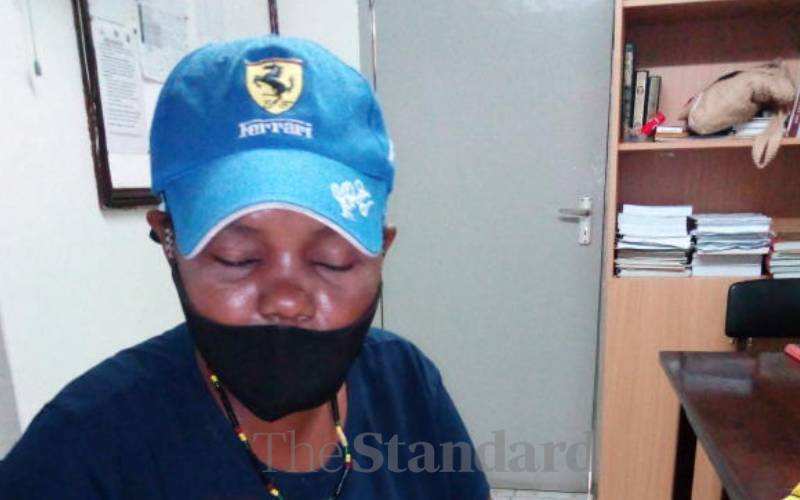×
The Standard e-Paper
Kenya’s Boldest Voice

Lilian Ngina Lele, a reformed drug addict, and peer educator. [Kelvin Karani, Standard]
They all confess drugs nearly killed them. Some have had stints in prison after they were found peddling or abusing drugs.







